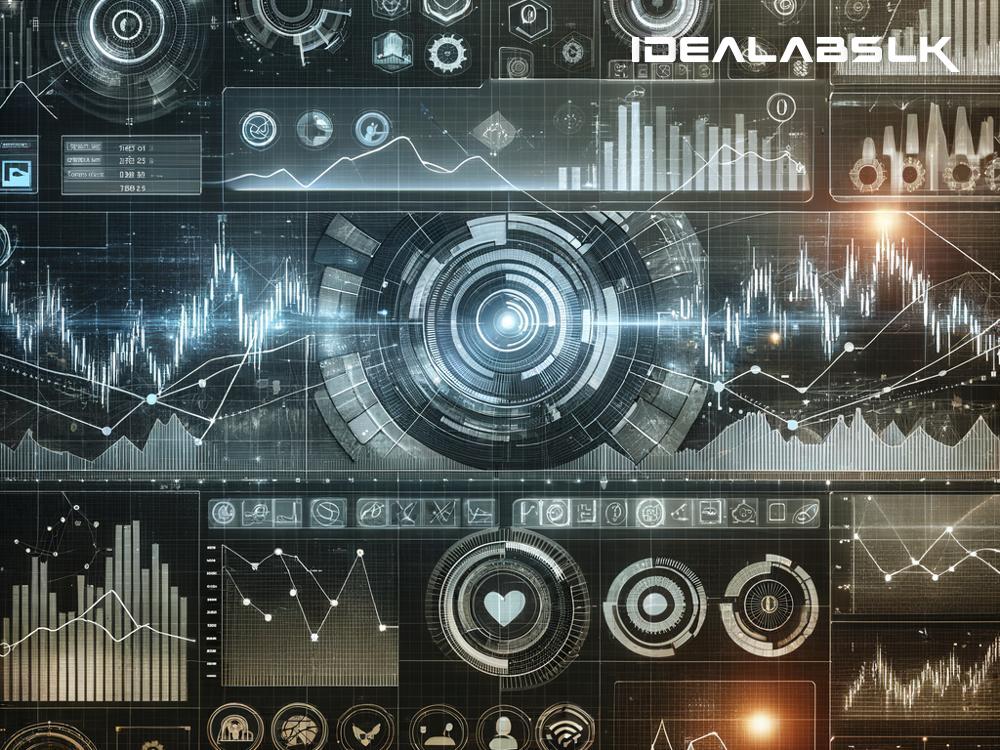AI for Trading: The Future of Smart Investing
In the fast-paced world of stock trading, where decisions need to be made in fractions of a second, Artificial Intelligence (AI) is making a big splash. Already, AI and predictive models are not just the future—they're the present, and they're reshaping the trading landscape in ways that were once thought possible only in science fiction.
What Is AI in Trading?
AI in trading involves using computer systems that can learn from data, make decisions, and execute trades automatically. These systems use algorithms to analyze vast amounts of data, spot patterns, and predict market movements better than most humans ever could. This is where predictive models come in—they are at the heart of AI trading, giving traders a glimpse into the future of stock prices.
The Magic of Predictive Models
Predictive models are essentially sophisticated computer programs that can forecast future events based on historical data. In trading, these models look at prices, trading volumes, and even news articles to predict how the market will move. It’s a bit like having a crystal ball, but instead of magic, it’s powered by science and mathematics.
These models use techniques from a field of AI known as machine learning, where computers learn from past data to make predictions about the future. The more data these models are fed, the smarter they become, constantly refining their predictions as new information comes in.
How AI is Changing the Game
-
Speed and Efficiency: AI can process and analyze data much faster than a human trader. This means it can execute trades at speeds and volumes that are humanly impossible. This is particularly useful in markets that move quickly, where being even a second too late can mean missing out on a big opportunity.
-
Emotionless Decisions: One of the biggest challenges in trading is managing emotions. Fear and greed can lead to poor decision-making. AI, on the other hand, doesn't get scared or overexcited; it makes decisions based purely on data.
-
24/7 Trading: The stock market might close, but the world of trading doesn't sleep. AI systems can trade around the clock, taking advantage of opportunities in different markets and time zones without breaking a sweat.
-
Improved Predictions: With access to large amounts of data and the ability to learn from it, AI can identify trends and patterns that humans might miss. This can lead to more accurate predictions about where the market is headed.
Challenges and Considerations
While AI trading may sound like a golden ticket, it's not without its challenges. For one, these systems require a lot of data and computing power, which can be expensive. There is also the risk of over-reliance on technology; if everyone is using similar predictive models, it could lead to market instability.
Moreover, there are ethical considerations. The use of AI in trading raises questions about fairness and transparency. There's a concern that AI could give an unfair advantage to those with the resources to access cutting-edge technology.
The Future of Trading
Looking ahead, it's clear that AI and predictive models are set to play an even bigger role in trading. As technology advances, these systems will become smarter, faster, and more accessible. This doesn't mean humans will be pushed out of the picture; rather, the role of the human trader will evolve. Traders who can leverage AI effectively will be able to make more informed decisions, reduce risk, and capitalize on opportunities.
In conclusion, AI for trading is not just a trend—it's a revolution. Predictive models are changing the way we think about investing, offering unprecedented insight into market movements and transforming the speed and accuracy of trading strategies. As technology continues to evolve, the future of trading looks increasingly intelligent. Smart investing now means combining human insight with the power of AI, creating a synergy that could redefine the world of finance for generations to come.

